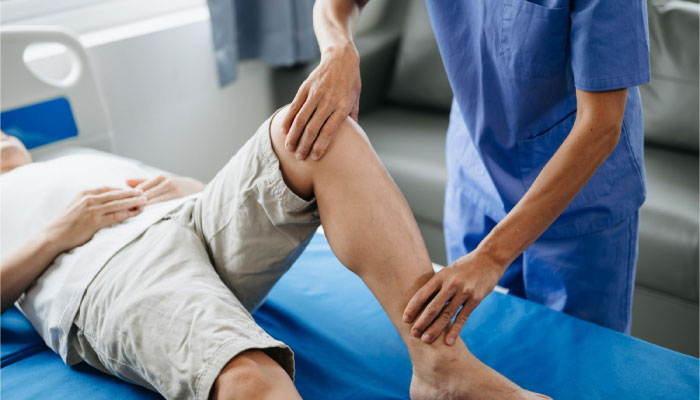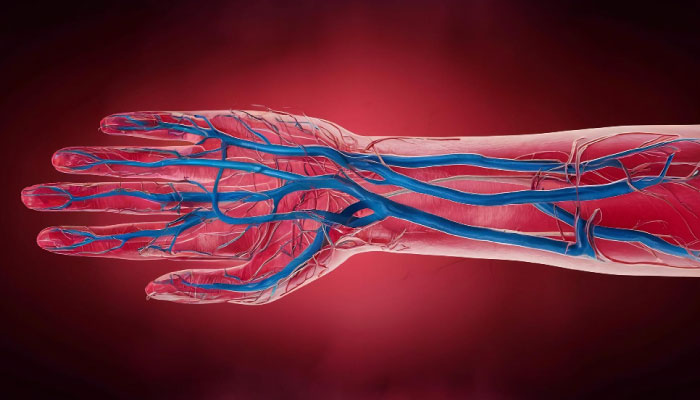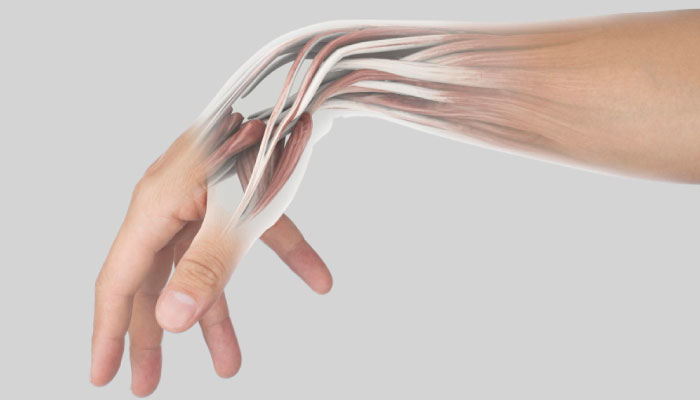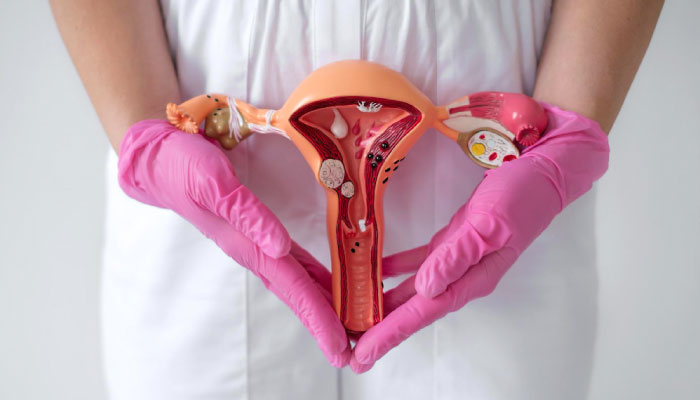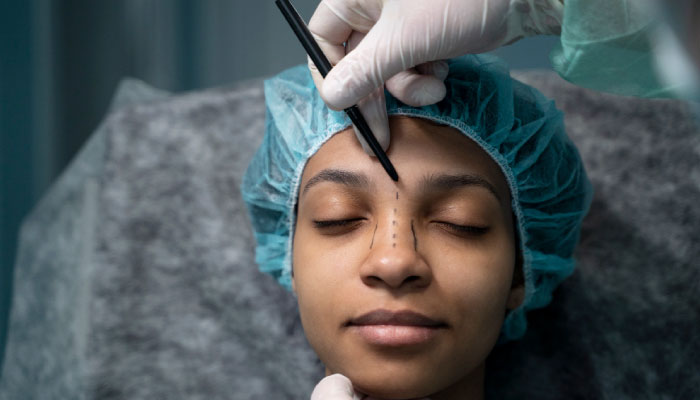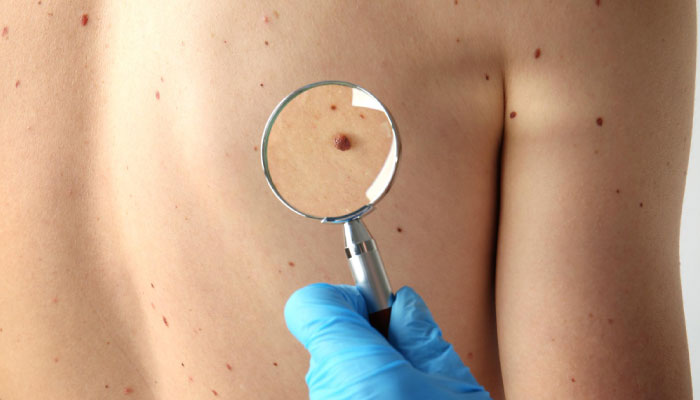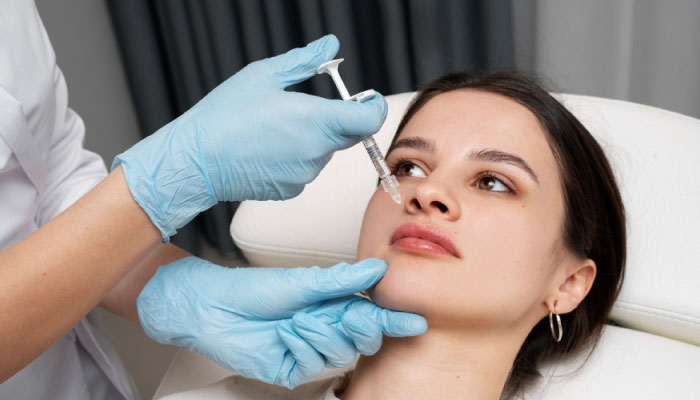Restoring Strength, Mobility & Symmetry
Leg defects—whether congenital or due to trauma—can impact walking ability, balance, and appearance. With advanced reconstructive techniques, we help patients regain mobility and confidence.
What are Leg Defects?
Leg defects may be:
- Congenital: Present at birth (shortened limb, bowing, deformity)
- Acquired: Due to accidents, fractures, infections, or tumors
Why Correction is Important
- Functional Benefits: Improved walking ability, balance, and joint health
- Cosmetic Benefits: Enhanced leg shape and symmetry
- Emotional Benefits: Boosts self-esteem and confidence in social and professional life
Treatment Options
- Surgical Correction: Bone realignment, plating, or lengthening procedures
- Soft Tissue Surgery: Muscle and tendon balancing for better function
- Reconstructive Techniques: Skin and bone grafts when needed
Results You Can Expect:
- Straighter, symmetrical legs
- Improved mobility and stability
- Long-term relief from discomfort
Who Should Avoid Immediate Surgery?
- Patients with uncontrolled medical conditions (e.g., diabetes, severe heart disease)
- Active infections at the surgical site
FAQs
Q1: At what age can congenital leg defects be corrected?
Many are corrected in early childhood, but timing depends on severity and growth stage.
Q2: Will I need physiotherapy after surgery?
Yes. Rehabilitation is essential to regain strength and mobility.
Q3: Are results permanent?
Yes. Once corrected, leg defects usually do not recur, though follow-up may be required in growing children.
Book a Consultation
Every step matters. Our reconstructive team ensures safe, effective correction of leg defects—restoring both mobility and confidence.

